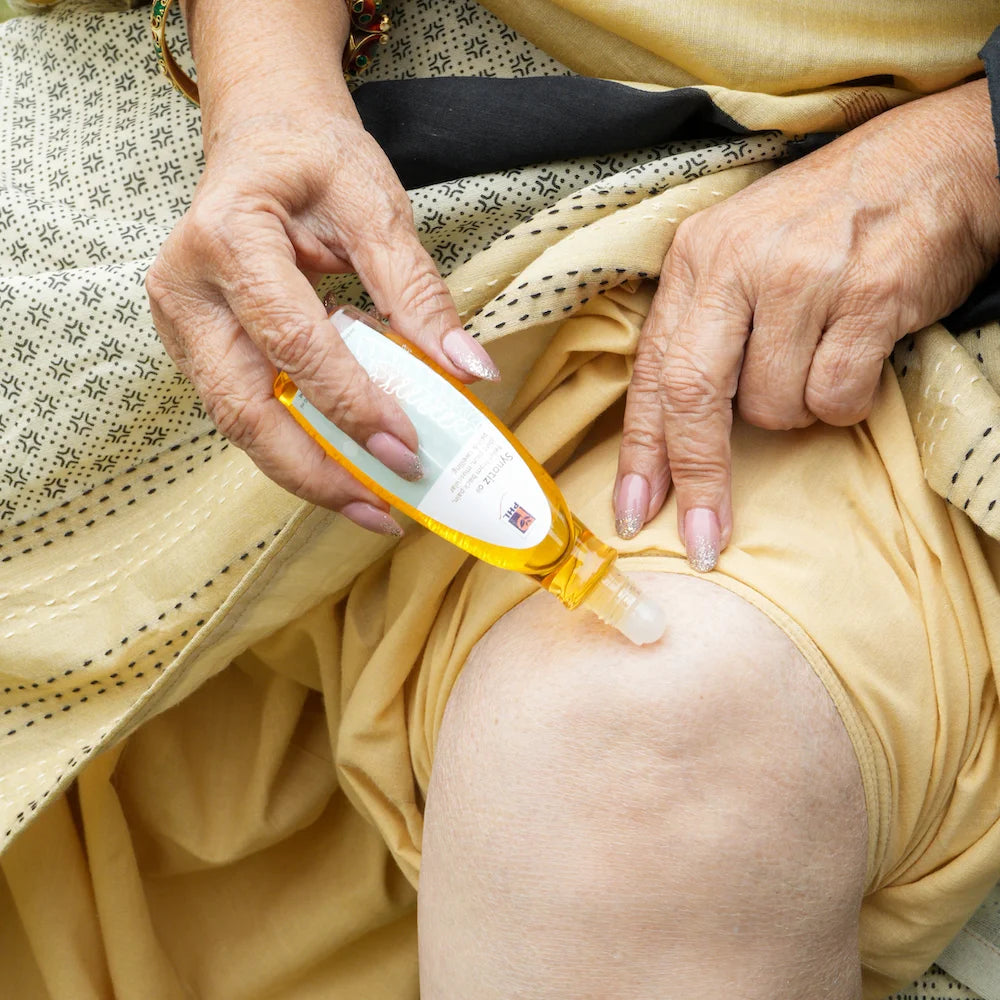Menstruation is a natural aspect of a woman's life, but the discomfort of menstrual cramps can disrupt daily activities. While typically not indicative of a serious health issue, severe menstrual cramps may be a sign of dysmenorrhea, suggesting underlying problems such as PMS, endometriosis, or ovarian cysts.
Here are ten natural remedies to help alleviate menstrual cramps:
-
Ginger: Known for its anti-inflammatory properties, ginger can effectively ease menstrual cramps by reducing the levels of pain-causing prostaglandins. Incorporate ginger into your diet or consume ginger tea for relief.
-
Parsley: Parsley is effective in relieving menstrual pain and regulating irregular menstrual cycles. Consume parsley juice or tea during periods to reduce excessive pain.
-
Unripe Papaya: Eating unripe papaya during menstruation can prevent menstrual pain and provide relief due to its anti-inflammatory properties.
-
Sesame Seeds: Sesame seeds help regulate blood flow and reduce the likelihood of cramps during menstruation. Soak sesame seeds in water or consume a handful daily before the menstrual cycle begins.
-
Magnesium-rich Foods: Foods rich in magnesium, such as almonds and walnuts, aid in calcium absorption and help reduce menstrual pain.
-
Lavender Oil: Applying lavender oil to the abdomen can provide quick relief from cramps within 10 to 15 minutes.
-
Aloe Vera: Drinking aloe vera juice with honey is known to ease menstrual flow and reduce pain.

- Carrots: Carrots regulate menstruation and can be consumed as juice to alleviate discomfort during periods.
- Bananas and Iron-rich Foods: Bananas are rich in potassium, which aids in bowel movement and can alleviate cramps. Additionally, incorporate iron-rich foods like lentils, spinach, and legumes into your diet.
- Fennel: Fennel, whether consumed in tea or boiled with water, acts as a natural pain reliever during menstruation.
If menstrual cramps persist or worsen despite trying these home remedies, it's advisable to consult a healthcare professional to rule out any underlying health issues. Taking proactive steps to manage menstrual discomfort can significantly improve overall well-being and quality of life.



